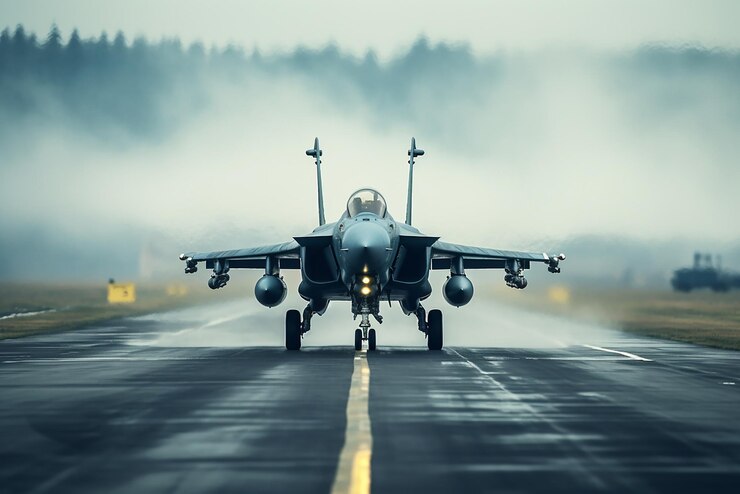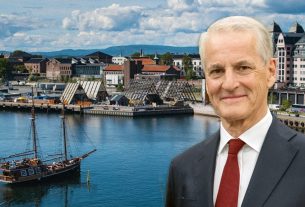At a high-level summit held in Inari, Finland, EU leaders from both northern and southern Europe have emphasized the necessity of increased defence spending to address the ongoing security challenges posed by Russia. The summit, known as the North-South meeting, brought together key European figures to discuss the strategic direction of the EU in light of the evolving security landscape.
Growing Security Concerns
The EU High Representative for Foreign Affairs, Kaja Kallas, addressed the media during the summit, stressing that the EU must bolster its defence capabilities to effectively deter threats, particularly from Russia. “To prevent war, we really need to do more on defence. We must invest in critical capabilities,” Kallas stated, highlighting the diverse security needs across Europe’s different regions. While acknowledging the variety of security challenges faced by EU member states, she underscored that collective action is essential to tackle these issues.
Russia’s aggressive actions, including its invasion of Ukraine, have dramatically heightened concerns across Europe, particularly in the east. Kallas’ remarks came as part of broader calls for increased cohesion and investment in European defence structures to counter these growing threats.
Defence Spending Surge
Recent data from the European Defence Agency (EDA) reveals a notable rise in EU defence spending. According to the 2023 Defence Data report, EU defence spending reached a record €279 billion in 2023, marking a 10% increase from the previous year. This increase reflects a broader trend of consecutive growth in defence budgets, with 22 out of 27 EU member states boosting their military expenditures. Notably, 11 of these states raised their defence spending by more than 10%, signaling a growing recognition of the need for stronger national and collective security postures.
Countries that border Russia have particularly ramped up their defence budgets in response to the direct security threat posed by Moscow. For example, Poland allocated 3.3% of its GDP to defence in 2023, while Estonia and Latvia spent 3% and 2.9%, respectively. In contrast, nations like Spain and Belgium have spent a relatively smaller percentage of their GDP on defence, with both countries allocating just 1.2%.
US Influence on European Defence
The summit also touched on the role of the United States in European security, particularly in light of the upcoming inauguration of President-elect Donald Trump in January 2025. Trump’s stance on Ukraine and NATO has raised concerns among European leaders, as he has repeatedly suggested a shift in US policy towards a more isolationist approach, with a focus on negotiating peace with Russia.
However, sources close to Trump’s administration have indicated that the US will continue to support Ukraine with military aid and equipment. Furthermore, Trump’s foreign policy team has emphasized the importance of European allies increasing their defence spending, with reports suggesting that he may push NATO members to commit 5% of their GDP to defence—a substantial increase from the current NATO target of 2%.
In response to questions about how Trump might influence US support for Ukraine, Italian Prime Minister Giorgia Meloni expressed confidence that the EU should remain committed to backing Kyiv. “We should not follow the rumours we’ve heard about President Trump,” Meloni remarked. “It’s important to continue supporting Ukraine, as peace cannot be achieved by abandoning them.”
Conclusion: The Road Ahead for European Defence
The Inari summit reinforced the EU’s commitment to strengthening its defence capabilities in the face of mounting external threats. While the EU has made significant strides in increasing defence spending, the challenge remains in ensuring that resources are effectively allocated to address the security needs of all member states. With the US and NATO’s role in European defence under scrutiny, the EU faces the critical task of balancing internal cooperation with external support to safeguard its security in an increasingly unstable global environment.
As the security landscape continues to evolve, European leaders will need to maintain a unified stance on defence and be prepared to adapt to new threats, all while navigating the shifting dynamics of transatlantic relations under the incoming US administration.
Image by Freepik



